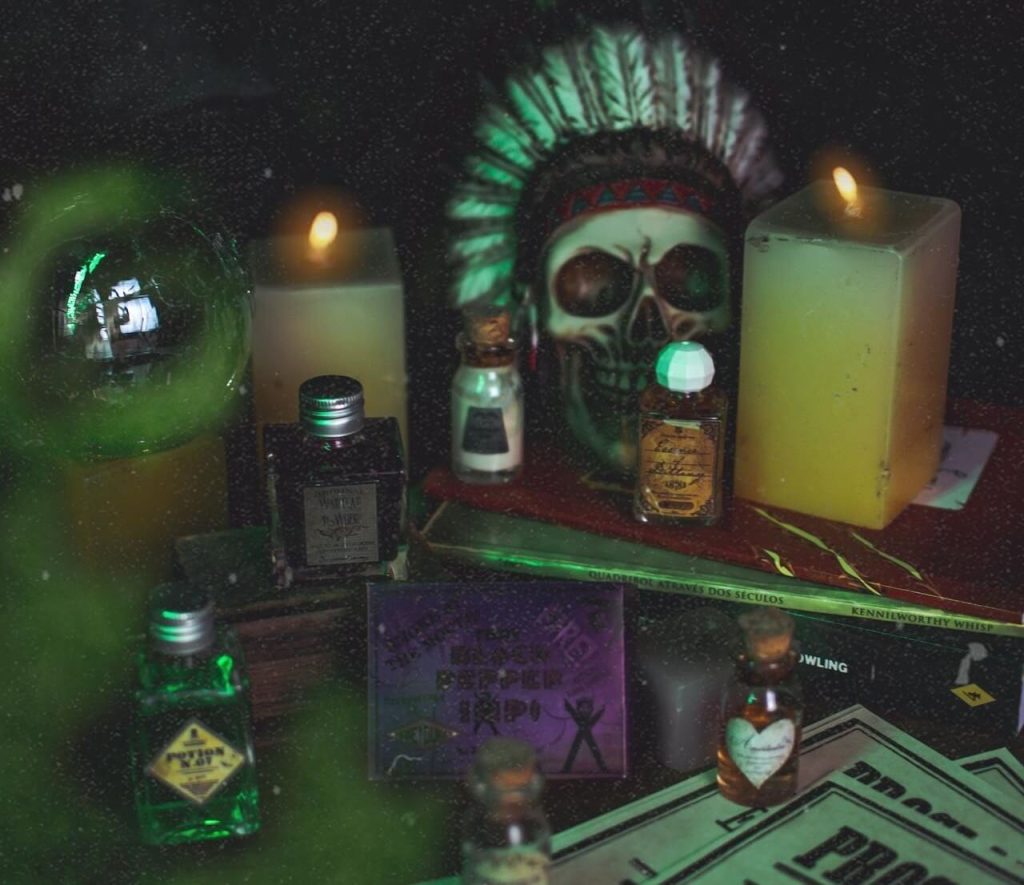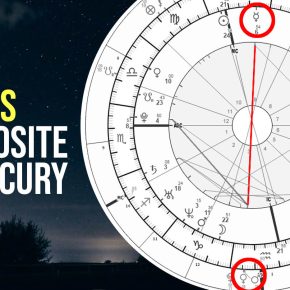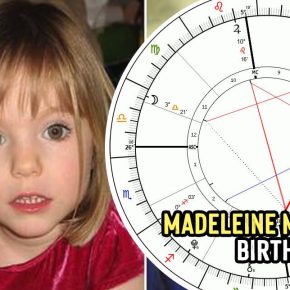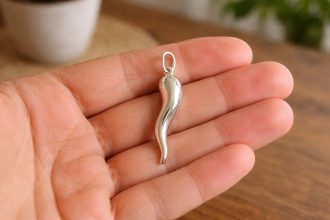There’s a small moment most of us have had at least once. You’re looking at a bar menu or scanning a shelf in a liquor store, and you notice the word spirits sitting there next to wine and beer. And you pause.
Spirits? As in souls? Ghosts? Invisible forces?
It’s a strange word choice when you really think about it. Why is gin, vodka, or whiskey grouped under the same term we use for the soul or something unseen? It turns out this isn’t just a quirky tradition or a marketing term. The word spirits has deep roots in language, history, and how people once understood the nature of reality itself.
Once you trace it back, the connection starts to make a lot of sense.
Where the Word “Spirit” Comes From
The word spirit comes from the Latin spiritus, which means breath or life force. In many ancient cultures, breath wasn’t just a physical function. It was believed to be the very essence that animated the body.
To breathe meant to live. To lose breath meant to lose life.
That’s why words related to spirit across different languages often connect breath, soul, and inner essence. A person’s “spirit” was what made them alive, conscious, and connected to something beyond the physical body.
So long before alcohol entered the picture, spirit already meant something invisible but powerful.
Distillation and the Idea of Essence
The connection to alcohol came later, during the Middle Ages, when alchemists and early chemists began experimenting with distillation. The process involved heating a fermented liquid, capturing the vapor, and condensing it back into liquid form.
What they noticed was striking.
The vapor that rose during distillation felt like the most concentrated part of the substance. It was lighter, more volatile, and far more potent than the original liquid. To early observers, it looked as if the “essence” of the drink was being separated and captured.
They called this essence the spirit of the liquid.
In their view, distillation wasn’t just a mechanical process. It was almost symbolic, drawing out the invisible core of something and turning it into a tangible form. The result was stronger than beer or wine, altered perception more quickly, and felt qualitatively different.
It didn’t just intoxicate. It transformed.
Why Alcohol Felt Spiritual
Alcohol has never been just a casual drink in human history. Across cultures, it played a role in rituals, ceremonies, and sacred traditions.
Wine in Christianity symbolizes blood and sacrifice. Sake is used in Shinto rituals. Many indigenous cultures use fermented drinks in rites of passage, offerings, or communal ceremonies.
The reason is simple. Alcohol changes consciousness.
Even small amounts can shift mood, perception, and emotional openness. In larger amounts, it blurs the boundary between ordinary awareness and altered states. For people living long before modern science explained the brain, these effects felt profound, even otherworldly.
It wasn’t hard to believe that alcohol opened a doorway between worlds.
Calling these drinks spirits reflected the belief that they carried a force capable of moving someone beyond everyday reality, closer to something unseen or sacred.
The Spiritual Meaning Behind “Spirits”
Spiritually speaking, alcohol earned its name because it was thought to contain an essence that could lift, loosen, or transport the human mind. It was seen as a substance that temporarily softened the boundaries of the self.
That’s why the word stuck.
Spirits didn’t just describe what the drink was made of. It described what it did. It altered awareness, shifted emotion, and sometimes created a sense of connection, whether to others, to memory, or to something larger than oneself.
In that sense, alcohol wasn’t merely consumed. It was engaged with.

A Double-Edged Symbol
Of course, alcohol has always carried a dual meaning. While it was used for celebration, healing, and ritual, it was also known for excess, loss of control, and harm.
Many traditions recognized this balance. Alcohol was respected, limited, or reserved for specific occasions. Calling it a spirit was almost a reminder of its power.
Something that can elevate can also overwhelm.
That tension is baked into the word itself.
What the Term Means Today
Today, ordering a “spirit” usually has nothing to do with mysticism. It’s just shorthand for distilled alcohol. But the word still carries centuries of meaning beneath the surface.
When you hear it, you’re echoing:
- ancient ideas about breath and life force
- alchemists capturing essence through vapor
- rituals where alcohol marked transitions and thresholds
Even now, the word holds a quiet reminder that alcohol isn’t just a neutral substance. It has an effect on perception, emotion, and connection.
So Why Is Alcohol Called Spirits?
Because for centuries, people believed it held something invisible but powerful. Something drawn out through breath, vapor, and transformation. Something that could lift the mind out of its usual place.
The next time you raise a glass, you’re not just drinking a beverage. You’re touching a word shaped by history, language, and the long human fascination with what lies between the physical and the unseen.
And that’s a story worth remembering.












